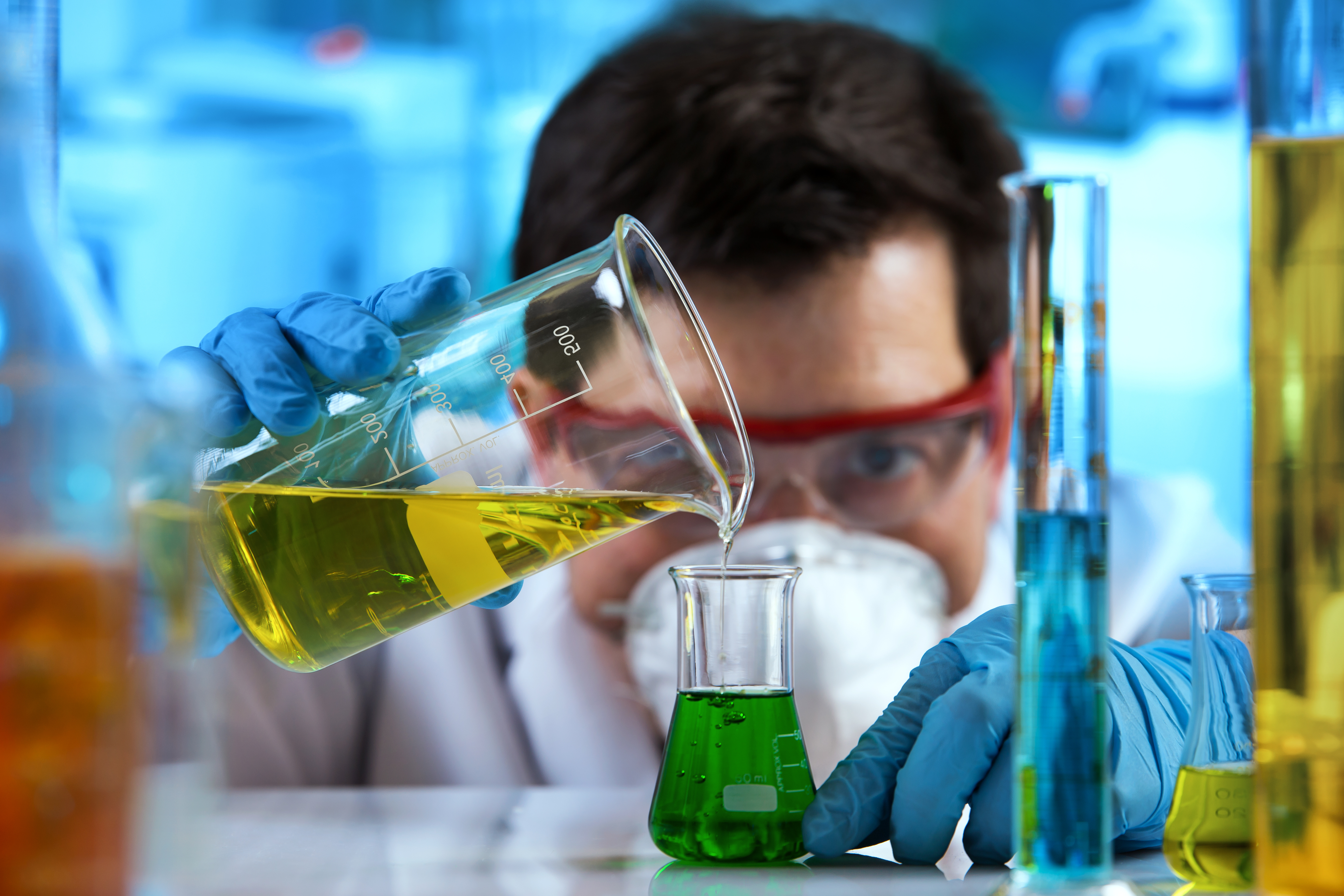The demand for lithium batteries is increasing, but the resources required to manufacture them are finite. Find out how we're closing that loop.
In recent years, lithium batteries have become the unsung heroes of our modern, tech-driven world. From powering our smartphones and laptops to fueling electric vehicles (EVs), these compact powerhouses are indispensable in our daily lives. However, as demand continues to skyrocket, it brings with it an intriguing mix of opportunities and challenges—particularly in the realm of sustainability.
The surge in demand for lithium batteries is nothing short of electrifying
According to industry forecasts, the global lithium-ion battery market is expected to grow exponentially in the coming years, driven primarily by the booming EV market.
Global demand for Li-ion batteries is projected to rise significantly—from around 700 GWh in 2022 to about 4.7 TWh by 2030, according to McKinsey & Company.

Image credit: McKinsey & Company
Key Challenges: From Resource Scarcity to Environmental Concerns
The production of lithium batteries relies heavily on finite resources like lithium, cobalt, and nickel. As demand increases, the pressure on mining grows—leading to concerns about scarcity and environmental degradation. Improper disposal of used batteries also contributes to soil and water contamination.
SK Tes is keenly aware of these issues and has positioned itself at the forefront of sustainable battery recycling.
SK Tes is not just another player in the recycling industry—it's a trailblazer dedicated to transforming how we perceive and manage battery waste. By recovering valuable materials from used batteries, SK Tes helps close the loop in the life cycle of EV and lithium battery recycling.
SK Tes recycles materials such as lithium, cobalt, and nickel from battery waste
Our innovative technology enables the efficient extraction of lithium, cobalt, and nickel from spent batteries. This reduces the need for new mining and minimizes the environmental impact of battery disposal. SK Tes supports a more sustainable ecosystem where materials are reused and recycled—preserving resources for future generations.
Utilizing recycled materials brings both environmental and economic benefits. It cuts reliance on resource-intensive mining and lowers the carbon footprint associated with new battery production, aligning with global climate goals.
Economically, recycled materials create profitable opportunities, new jobs, and business growth—supporting a circular economy that benefits both the planet and society.





